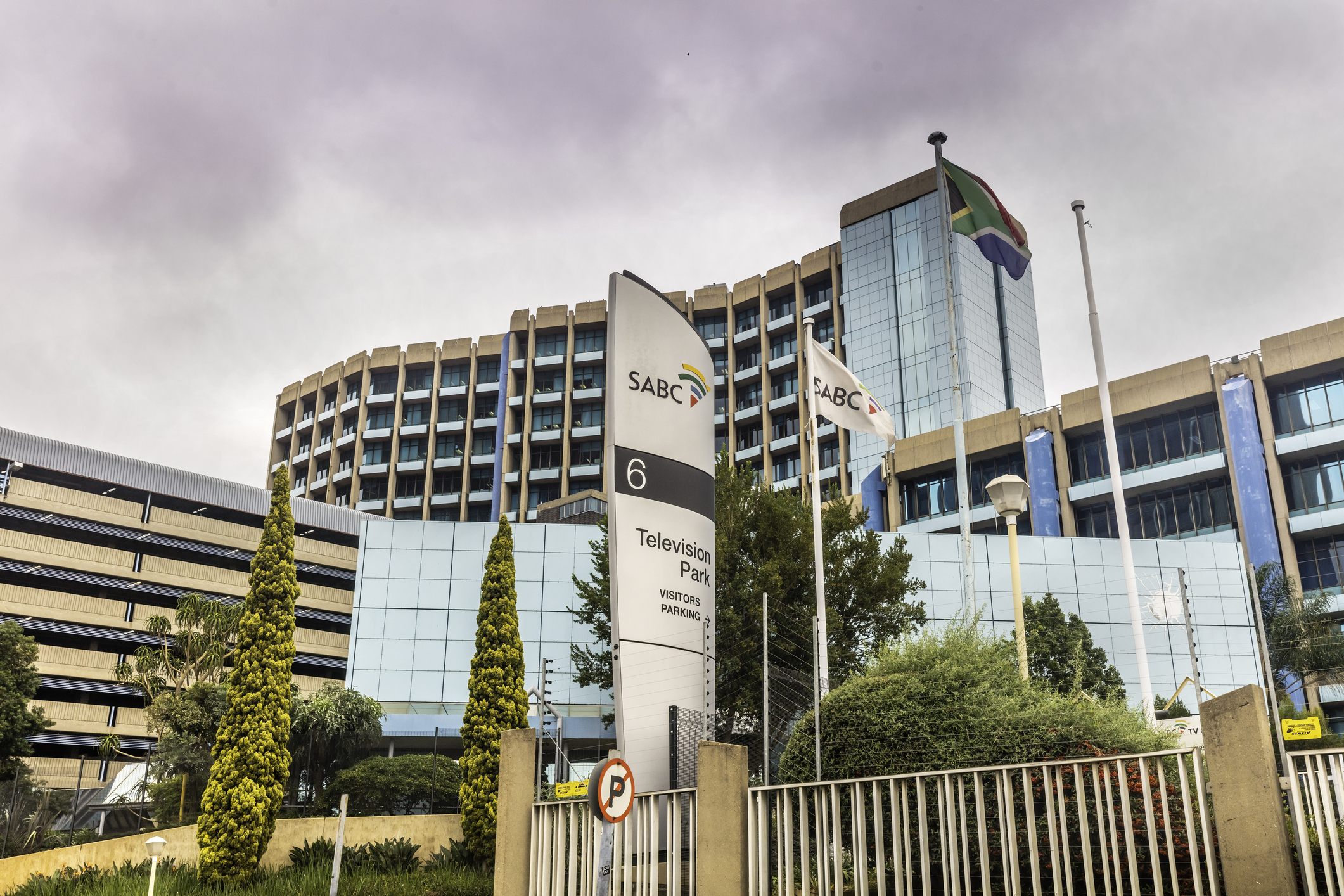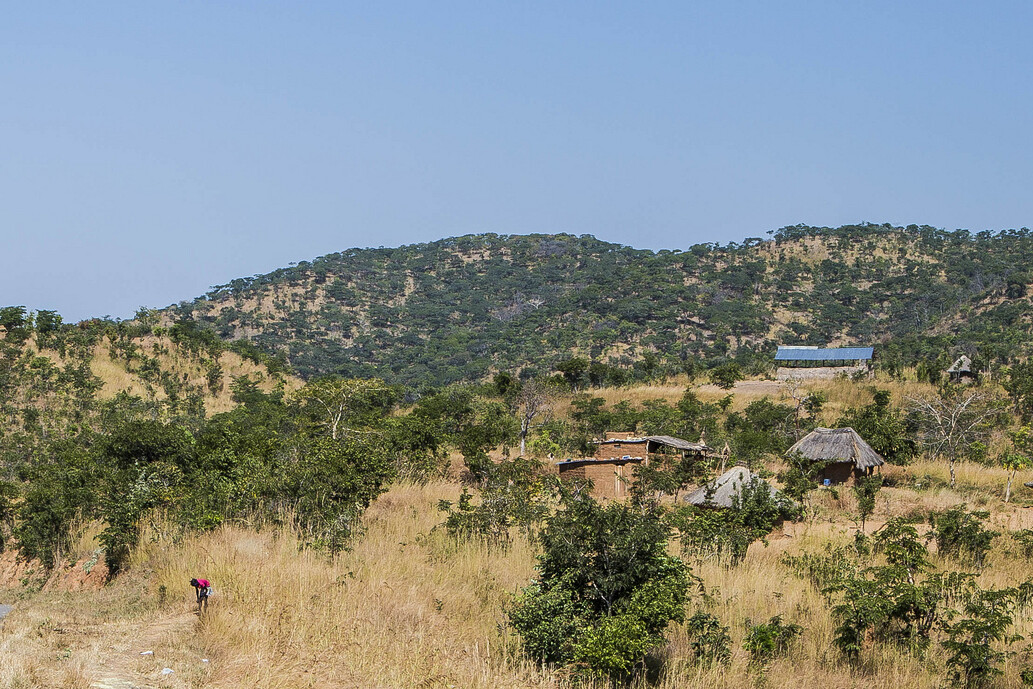At a crucial time when the public need verified and trusted information about the novel coronavirus, Zambia’s national broadcaster, ZNBC, is failing to pay its journalists’ salaries on time, despite their continued dedication to report about Covid-19 under challenging and unprecedented conditions.
This is according to the Zambia Union of Broadcasters and Other Information Disseminators (ZUBID), which revealed that ZNBC management failed to pay its journalists their March salaries.
ZNBC management also did not meet the 9 April deadline issued to them by ZUBID in a 24-hour ultimatum following failed attempts to engage with the national broadcaster’s management. The union now has added concerns about the timely payments for this month’s salaries.
Delayed salary payments have been an ongoing trend for the national broadcaster and is a clear display of the financial challenges that they have been facing in recent years. A report from Zambia Watchdog revealed that staff were also not paid their November salaries on time, with the money being used for campaign materials during by-elections instead. Unpaid staff members threatened to cease full operations if they were not given their salaries.
Similar threats were also made back in 2016 when salaries were not paid on time. Now, these threats are flaring up once again given that ZNBC workers have not been paid since February. At the time of writing, PMA is unaware of any reports that confirm workers have now been paid.
In a press release written by Andrew Mpandamwike, ZUBID’s Secretary General, he shared concerns that the motivation of ZNBC’s workforce may diminish given the “critical role we are playing in [the] disseminating information on the dangers of the Covid 19…”
He added that medical allowances have also been scrapped by management and he therefore calls on the Minister of Information and Broadcasting Services to assist ZNBC with their financial challenges.
Last month, ZNBC Board Chairperson, Juliana Mwila, said that the broadcaster’s board and management needed to find creative and innovative ways to ensure more financial sustainability for the corporation. This was emphasised by Ministry of Information and Broadcasting Services Permanent Secretary, Amos Malupenga, who challenged ZNBC to “devise a strategy that will enable the national broadcaster to stay afloat and be a leader in the media industry.”
Read more: ZNBC Challenged
During the ongoing global health crisis, the Zambian public need to be able to turn to trusted media that can disseminate fact-checked and reliable information in order to stop the spread of the virus. The World Health Organisation (WHO) has already warned that Africa could be the next epicentre of the novel coronavirus after Europe, and Zambian authorities are currently planning a partial lockdown of the capital city, Lusaka, as the number of Covid-19 cases continue to increase in the country.
In other news:
- ZNBC launched an educational channel for students to maintain lessons during school closures.
- As part of measures to curb the spread of Covid-19 in adherence with government guidelines, the national broadcaster has advised “the public, clients and guests visiting ZNBC offices across the country that they will be required to wear protective face masks.” This is coupled with providing hand sanitisers and hand-washing facilitates around the premises.
- In the wider broadcast media environment, private broadcaster, Prime TV, recently had its broadcasting licence removed by Zambia’s broadcast regulator, the Independent Broadcasting Authority. The regulator supposedly pursued this decision “in the interest of public safety, security, peace, welfare or good order” yet did not specify any inaction of the broadcaster, according to the Committee to Protect Journalists (CPJ). Prime TV is known for its often critical reporting of the Zambian government.
Header image: Skyline photo of Lusaka, Zambia. Credit: Jason J Mulikita/iStock
Related Posts
24th February 2017
Zambian government to award 60% share in ZNBC to China’s TopStar
Zambia’s government refuses to back…


